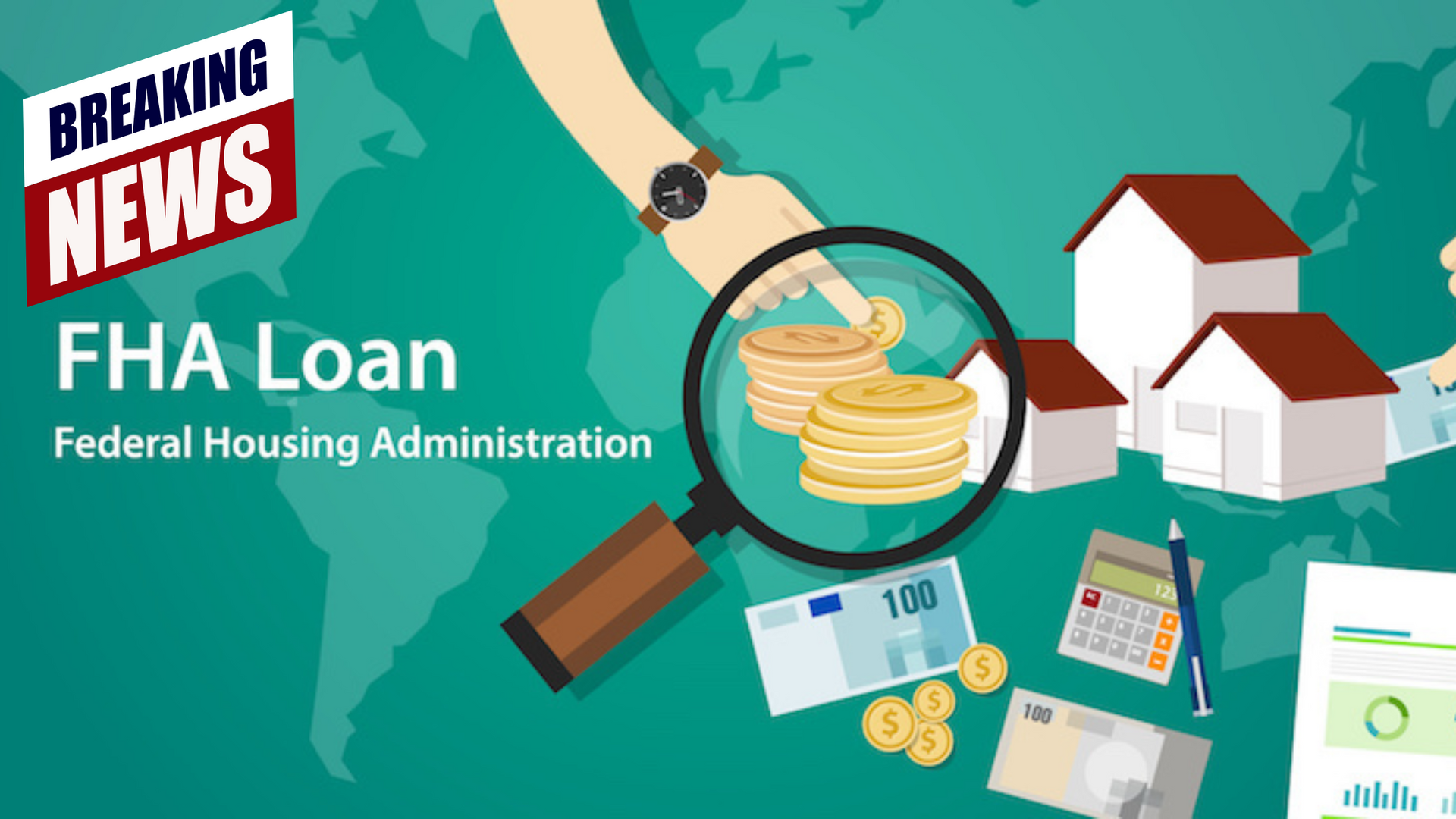Every week we release educational videos related to hot topics in the mortgage industry on YouTube.
Subscribe to our channel to stay in-the-know!
Are you exploring loan options and wondering if an FHA loan might be right for you? If you need leniency on credit, higher debt-to-income ratios, or have faced past credit challenges like bankruptcy or foreclosure, an FHA loan could be the key to achieving your homeownership dreams. Let’s unpack the details of FHA loans, including the latest 2025 updates, their unique benefits, and factors to consider.
FHA stands for the Federal Housing Administration, a government-backed entity that has been making homeownership more accessible since 1934. During its inception, only 1 in 10 people were homeowners. Today, that number has risen to 6 in 10, thanks in part to initiatives like FHA loans.
FHA loans are designed to help borrowers with less-than-perfect credit or other financial challenges qualify for home financing. Every year, FHA adjusts its loan limits based on home value trends, providing a flexible and accessible option for buyers nationwide.
In 2025, FHA loan limits have increased by approximately 5-6%, reflecting rising home prices across the country. For a one-unit property, the baseline limit is $524,225. However, limits can go much higher in high-cost areas like California, New York, and New Jersey. In these regions, FHA loans can reach up to $1,209,000 for a one-unit property. If you’re curious about the FHA loan limit in your county, use this handy lookup tool.
FHA also allows financing for two, three, or four-unit properties with higher limits. This makes it a versatile choice for those interested in multi-family homes.
FHA loans offer unique advantages that cater to a wide range of buyers:
While FHA loans have numerous benefits, there are a few drawbacks to keep in mind:
Despite the additional cost of mortgage insurance, FHA loans are a powerful tool for building long-term wealth. According to census data, the average net worth of renters is $10,000, compared to $450,000 for homeowners. Homeownership enables wealth accumulation through property appreciation, making the upfront costs of an FHA loan a worthwhile investment.
To dive deeper into FHA loans and explore alternative financing options, check out these resources
FHA loans have evolved significantly since their creation, providing millions of Americans with the opportunity to become homeowners. Whether you’re a first-time buyer or someone with past credit challenges, this loan program offers a reliable path to homeownership.
Have questions about FHA loans or other mortgage options? Contact your trusted lender or explore the extensive resources at Loan With Jen to make informed decisions for your future.





All Rights Reserved | Jennifer Hughes Hernandez | Senior Loan Officer | NMLS #514497
Full service residential lender with an experienced team offering expert service, reliable communications and on-time closings in the greater Houston area.

Every week we release educational videos related to hot topics in the mortgage industry on YouTube.
Subscribe to our channel to stay in-the-know!
Gardner Financial Services, Ltd., dba Legacy Mutual Mortgage, NMLS #278675, a subsidiary of Texas Partners Bank. 18402 U.S. Highway 281 N, Ste. 258, San Antonio, TX 78259. AZ BK-2001467. Check registration and licensing at nmlsconsumeraccess.org. Legacy Mutual Mortgage is an Equal Housing Lender. This is not a commitment to lend. Material is informational only and should not be construed as investment or mortgage advice. Legacy Mutual Mortgage is not an agency of the federal government. Not all loan products are available in all states. All loans are subject to credit and property approval. Not all applicants qualify. Restriction and conditions may apply. Information and programs current as of date of distribution but may change without notice. [11/2025]